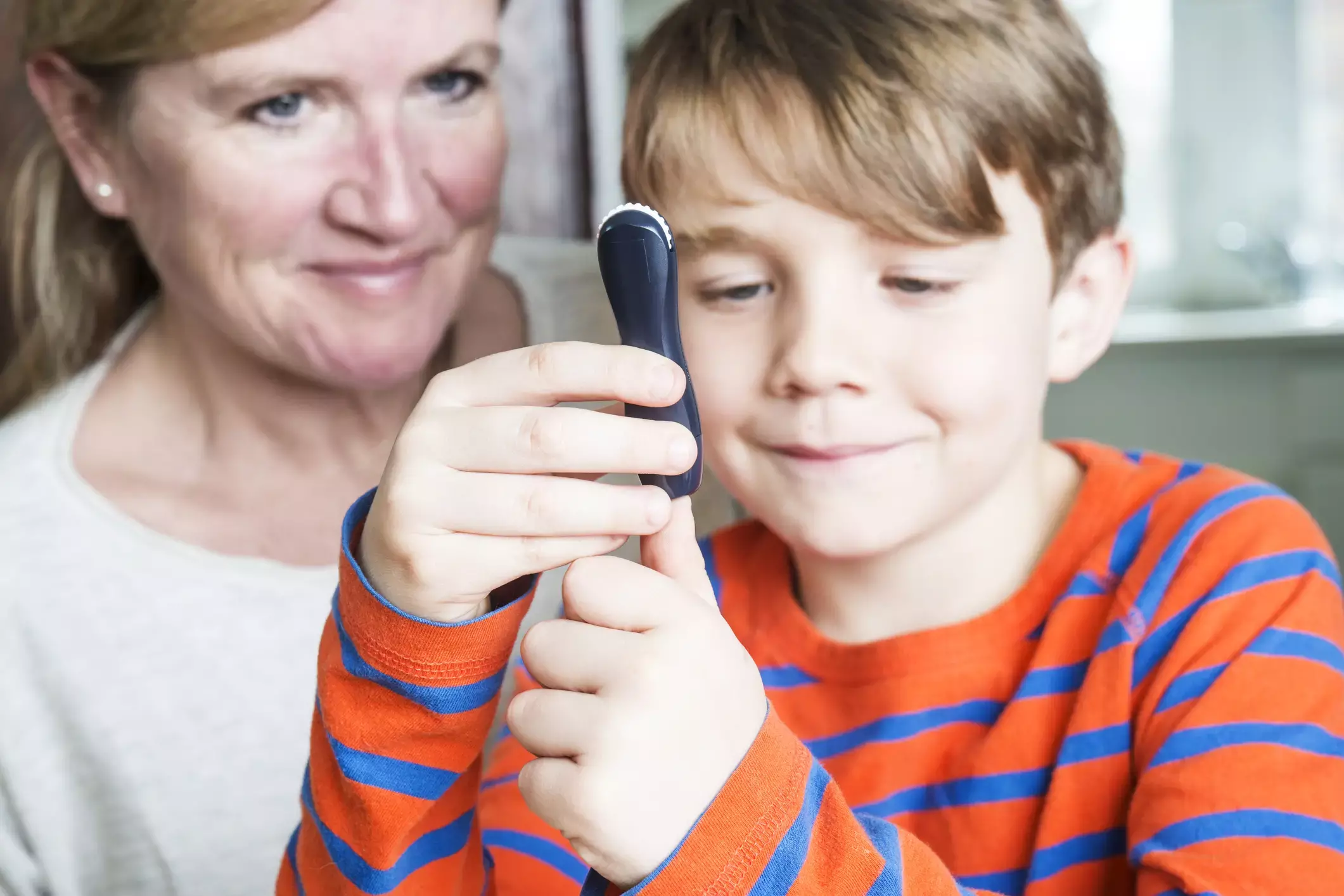- Home
- Medical news & Guidelines
- Anesthesiology
- Cardiology and CTVS
- Critical Care
- Dentistry
- Dermatology
- Diabetes and Endocrinology
- ENT
- Gastroenterology
- Medicine
- Nephrology
- Neurology
- Obstretics-Gynaecology
- Oncology
- Ophthalmology
- Orthopaedics
- Pediatrics-Neonatology
- Psychiatry
- Pulmonology
- Radiology
- Surgery
- Urology
- Laboratory Medicine
- Diet
- Nursing
- Paramedical
- Physiotherapy
- Health news
- Fact Check
- Bone Health Fact Check
- Brain Health Fact Check
- Cancer Related Fact Check
- Child Care Fact Check
- Dental and oral health fact check
- Diabetes and metabolic health fact check
- Diet and Nutrition Fact Check
- Eye and ENT Care Fact Check
- Fitness fact check
- Gut health fact check
- Heart health fact check
- Kidney health fact check
- Medical education fact check
- Men's health fact check
- Respiratory fact check
- Skin and hair care fact check
- Vaccine and Immunization fact check
- Women's health fact check
- AYUSH
- State News
- Andaman and Nicobar Islands
- Andhra Pradesh
- Arunachal Pradesh
- Assam
- Bihar
- Chandigarh
- Chattisgarh
- Dadra and Nagar Haveli
- Daman and Diu
- Delhi
- Goa
- Gujarat
- Haryana
- Himachal Pradesh
- Jammu & Kashmir
- Jharkhand
- Karnataka
- Kerala
- Ladakh
- Lakshadweep
- Madhya Pradesh
- Maharashtra
- Manipur
- Meghalaya
- Mizoram
- Nagaland
- Odisha
- Puducherry
- Punjab
- Rajasthan
- Sikkim
- Tamil Nadu
- Telangana
- Tripura
- Uttar Pradesh
- Uttrakhand
- West Bengal
- Medical Education
- Industry
LRG1 may be early marker of DKD progression in children with T1DM

Leucine-rich alpha-2 glycoprotein 1 (LRG1) may be an early marker of DKD progression in children with T1DM suggests a new study published in the Pediatrics Nephrology.
Glomerular endothelial dysfunction and neoangiogenesis play a significant role in the pathogenesis of diabetic kidney disease (DKD). Leucine-rich α-2 glycoprotein 1 (LRG1) is a recently discovered protein that participates in the molecular pathway of inflammation and angiogenesis. We aimed to investigate efficacy of LRG1 to predict estimated glomerular filtration rate (eGFR) decrease in children and adolescents with type 1 diabetes mellitus (T1DM).
The study comprised 72 participants with diabetes duration for ≥ 2 years. At study initiation, LRG1, urine albumin, eGFR (cystatin C-based, and Schwartz), HbA1c, and lipid values were evaluated and diabetes-related clinical features and anthropometric measurements were collected. These results were compared with final control values after ≥ 1 year. Patients were divided into subgroups according to presence of albuminuria progression, eGFR decrease, and metabolic control parameters.
Results
There was positive correlation between LRG1 level and Schwartz and cystatin C-based eGFR decline (r = 0.360, p = 0.003; r = 0.447, p = 0.001, respectively), and negative correlation between final cystatin C-based eGFR and LRG1 (p = 0.01, r = –0.345). Patients with cystatin C-based eGFR decrease > 10% had significantly higher LRG1 levels (p = 0.03), however, LRG1 was not different between albuminuria progression subgroups. A 0.282 μg/ml increase in LRG1 correlated with a 1% decrease in eGFR in simple linear regression analysis (β = 0.282, %CI 0.11–0.45, p = 0.001) and LRG1 was an independent predictor of GFR decline even in the presence of covariates.
The study supports the relationship between plasma LRG1 and eGFR decline and suggests LRG1 may be an early marker of DKD progression in children with T1DM.
Reference:
Altıncık, S.A., Yıldırımçakar, D., Avcı, E. et al. Plasma leucine-rich α-2-glycoprotein 1 – a novel marker of diabetic kidney disease in children and adolescents with type 1 diabetes mellitus?. Pediatr Nephrol (2023). https://doi.org/10.1007/s00467-023-06019-4
Keywords:
Altıncık, S.A., Yıldırımçakar, D., Avcı, E, Plasma, leucine-rich, α-2-glycoprotein 1, novel, marker, diabetic, kidney, disease, children, adolescents, type 1 diabetes, mellitus, Pediatrics Nephrology
Dr. Shravani Dali has completed her BDS from Pravara institute of medical sciences, loni. Following which she extensively worked in the healthcare sector for 2+ years. She has been actively involved in writing blogs in field of health and wellness. Currently she is pursuing her Masters of public health-health administration from Tata institute of social sciences. She can be contacted at editorial@medicaldialogues.in.
Dr Kamal Kant Kohli-MBBS, DTCD- a chest specialist with more than 30 years of practice and a flair for writing clinical articles, Dr Kamal Kant Kohli joined Medical Dialogues as a Chief Editor of Medical News. Besides writing articles, as an editor, he proofreads and verifies all the medical content published on Medical Dialogues including those coming from journals, studies,medical conferences,guidelines etc. Email: drkohli@medicaldialogues.in. Contact no. 011-43720751


